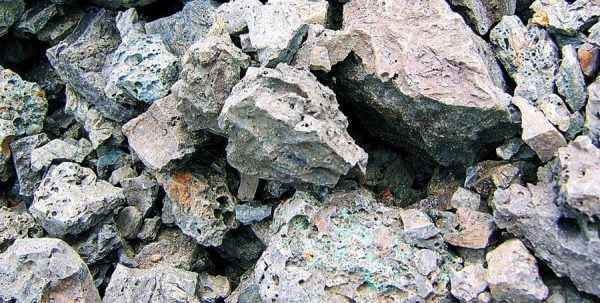Zimbabwe’s small-scale chrome miners have been hard hit by the unpropitious effects of Covid-19 pandemic with a few that are still operating reportedly being paid between US$30 and US$35 per tonne.
The small-scale chrome miners were before the Covid-19 pandemic being paid US$88 per tonne by local buyers for their deliveries.
However, on account of the Covid-19 pandemic, the global chrome market where Zimbabwe exports its ferrochrome to, is depressed with some large-scale local producers impelled to cease operations.
Zimbabwe Miners Federation (ZMF) spokesperson Mr. Dosman Mangisi whose organisation is the mother body of artisanal and small-scale miners in the country had this to say:
“Right now the small-scale chrome sector is dogged by the absence of reputable international buyers due to the adverse effects of Covid-19.
“China and Europe have been Zimbabwe’s major export markets for chrome but now they have been hardest hit by the pandemic and because of the travel restrictions people can’t move from those markets to trade here.
“A majority of the small-scale chrome miners have ceased operations while only a handful are just limping on the ground and the buyers currently buying from those small-scale operations are buying for a song at prices ranging between US$30 and US$35 per tonne whereas previously before the pandemic it was around US$80 per tonne.”
The small-scale chrome mining is largely concentrated along the Great Dyke in areas such as Lalapanzi, and Shurugwi in Midlands province and Mutorashanga in Mashonaland West province.
The small-scale miners also sell their chrome to large-scale producers such as Zimasco, ZimAlloys, or Apple Bridge – a special purpose vehicle created by Government a few years to buy chrome from the small-scale miners.
Companies such as Zimasco has since shut down operations owing to Covid-19.
The entire chrome mining sector is presently operating at 10 percent capacity.
Asked about what plans are in the pipeline to ensure the sustainability of the small-scale chrome sector, Mr. Mangisi said:
“So far plans are underway to ensure that the country’s chrome sector is revamped by increases the number of smelters which will ensure the small-scale miners can sell ferrochrome which can be traded online because it’s graded, unlike lumpy chrome.”
The government has identified chrome as among the minerals to propel the country towards attaining the envisaged US$12 billion mining industry economy by 2023.
It is in this context that the Government has relentlessly encouraged players in the mining sector to ensure mineral resources are beneficiated before being exported.
Vast mineral deposits abound Zimbabwe with data from the Ministry of Mines and Mining Development showing that the country has more than 60 minerals that are yet to be tapped.
Zimbabwe’s rich mineral resource base includes gold, platinum, diamond, lithium, coal, tantalite, coal, tungsten, vanadium, and manganese.
A majority of the minerals are yet to be exploited due to lack of exploration.

